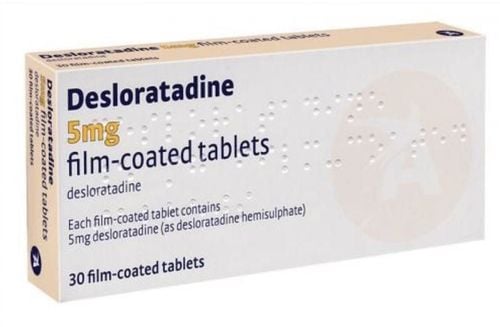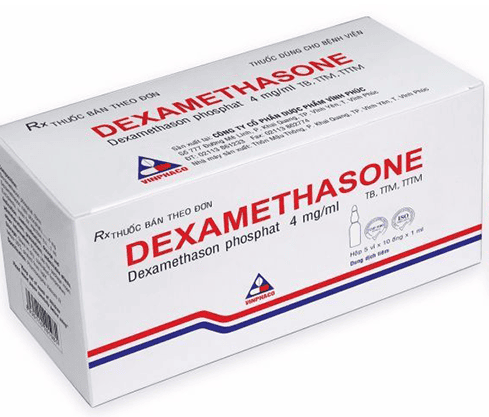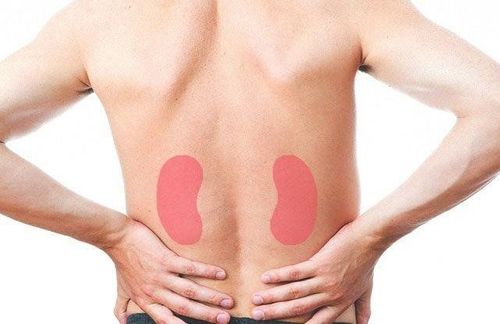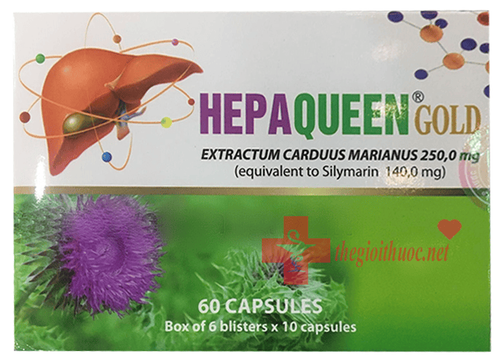This is an automatically translated article.
Zyzocete is a drug with the main ingredient Cetirizine dihydrochloride, which has an antihistamine effect. The drug is used to treat symptoms in cases of allergies such as runny nose, sneezing, itching and rash...1. Pharmacodynamics and pharmacokinetics of Zyzocete
1.1 Pharmacodynamics Cetirizine dihydrochloride is a derivative of Piperazine, belonging to the antihistamine group. Cetirizine has a selective peripheral H1-receptor antagonist effect, but has no effect on other receptors such as acetylcholine or serotonin antagonists. In addition, Cetirizine dihydrochloride also inhibits the early stage of histamine-mediated allergic reactions, reduces the migration of inflammatory cells and at the late stage of the allergic reaction it has the effect of reducing the release of mediators. chemistry.1.2 Pharmacokinetics Zyzocete is rapidly absorbed after oral administration. Peak blood concentrations of about 0.3 mcg/ml are reached 30 to 60 minutes after oral administration.
The oral bioavailability of the drug when administered with food remains unchanged. Although the extent of absorption is not reduced by food, the rate of absorption of the drug is reduced.
Cetirizine is strongly bound to plasma proteins with a ratio of about 90-96%. Approximately 2/3 of the dose is excreted unchanged in the urine. The renal clearance of the drug is about 30 ml/min and the half-life is about 10 hours. The drug passes into breast milk but hardly crosses the blood-brain barrier.
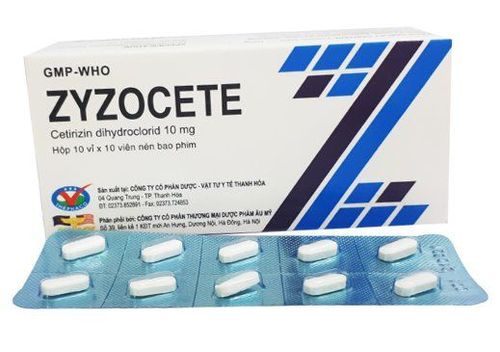
Thuốc Zyzocete là thuốc gì? đây một loại thuốc có tác dụng kháng histamin
2. How to take Zyzocete?
Zyzocete is made in the form of long film-coated tablets. The drug is used orally, can be taken outside or at the same time with meals without affecting the absorption of the drug.
Dosage of Zyzocete:
For children from 6 to 12 years old: Take 5mg (ie 1⁄2 tablets) x 2 times / day For adults and children over 12 years old: Take 10 mg / day ( ie 1 tablet/day) x 1 time/day or can take 5mg (ie 1⁄2 tablets) x 2 times/day. Elderly: If the patient has normal renal function, there are no data to recommend a dose reduction. In patients with impaired renal function, the dose should be adjusted according to the degree of glomerular filtration. For pediatric patients, the dose is based on glomerular filtration rate, weight, and age.
Patients with hepatic impairment: No dose adjustment is required, however, if there is combined renal impairment, the dose should be adjusted in the same way as in patients with renal impairment.
Note, the above dose is for reference only, the specific dose of each individual depends on age, health status and disease progression. To get the right dose, you should consult your doctor, do not increase the dose on your own without following instructions.
Consult a physician if allergy or rash symptoms do not improve after 3 days of treatment. Get medical attention immediately if symptoms worsen or an allergic reaction/anaphylaxis is suspected.
Cetirizine is generally very safe to use. Taking an overdose is not usually likely to harm you. If you take too much, you may experience some common side effects such as drowsiness or agitation in children. If you experience symptoms of an overdose, seek medical attention.
If you forget to take a dose, take it as soon as you remember. However, if it is almost time for your next dose, skip the missed dose and take the next dose exactly as directed.
3. The effect of the drug Zyzocete
Cetirizine is an antihistamine used to relieve allergy symptoms such as itchy eyes/nose, runny nose, sneezing, hives, and itching. Cetirizine is not used to treat or prevent serious allergic reactions (such as anaphylaxis). Zyzocete medicine is commonly used to treat the symptoms of the following conditions:Persistent allergic rhinitis: Seasonal allergic rhinitis, perennial allergic rhinitis with long-standing resolution of chronic idiopathic urticaria count. People with allergic conjunctivitis, an allergic reaction to an inappropriate food or drug

Thuốc zyzocete chữa bệnh gì? Người bị mề đay có thể sử dụng thuốc theo chỉ dẫn
4. Contraindications of Zyzocete
Zyzocete is contraindicated in the following cases:
Patients with a history of allergy to cetirizine, levocetirizine, hydroxyzin. Hypersensitivity to any ingredient of Zyzocete. Children under 6 years old. Renal failure with a glomerular filtration rate less than 10ml/min.
5. Common side effects
Drowsiness, fatigue, dizziness, nausea and dry mouth may occur. Less common side effects include agitation, diarrhea, itching, flushing, increased salivation. Stomach pain can also occur in children.
If the above side effects do not improve or get worse, stop using the medicine and see your doctor or pharmacist for care. If they are not serious, the doctor will evaluate the benefits and risks of side effects to prescribe medication.
Although a serious allergic reaction to Zyzocete is very rare, if you have any symptoms such as rash, swelling (especially of the face and throat) or difficulty breathing, go to the facility. medical care immediately.
6. Precautions when using Zyzocete
If you have a history of allergy to cetirizine or hydroxyzine, levocetirizine, tell your doctor before using this medicine.
Avoid co-administration of cetirizine with alcohol and CNS depressants as they may potentiate the effects of these drugs. Use with caution in patients with epilepsy, at risk of convulsions.
Common side effects of the drug are drowsiness, you should not drive, use machines when using the drug. Currently, although the drug does not cross the blood-brain barrier, there have not been adequate studies in pregnant women, so it should not be used during pregnancy. Cetirizine is excreted in milk, so nursing mothers should not take it.

Người bệnh nên tham khảo ý kiến bác sĩ về tác dụng của thuốc zyzocete
7. Zyzocete drug interactions
Drug interactions that change the way a drug works or increase the risk of serious side effects. Share with your doctor all medications you are taking (including prescription/over-the-counter medicines and herbal products), paying particular attention to the following:
Other drugs that cause drowsiness such as: opioid pain relievers or cough suppressants: codeine, hydrocodone. Sleeping or anxiety medicine such as alprazolam, lorazepam, zolpidem, Muscle relaxants: carisoprodol, cyclobenzaprine Other antihistamines such as chlorpheniramine, diphenhydramine. Concomitant use with any other topical antihistamines (such as diphenhydramine cream, ointment, spray) should not be used concurrently with any other topical antihistamines because of the potential for increased side effects. Cetirizine is very similar to hydroxyzine and levocetirizine. Do not use these medicines while using cetirizine. Check the directions for use on all medications you are taking, as they may contain ingredients that cause drowsiness and increase their side effects.
Please dial HOTLINE for more information or register for an appointment HERE. Download MyVinmec app to make appointments faster and to manage your bookings easily.





